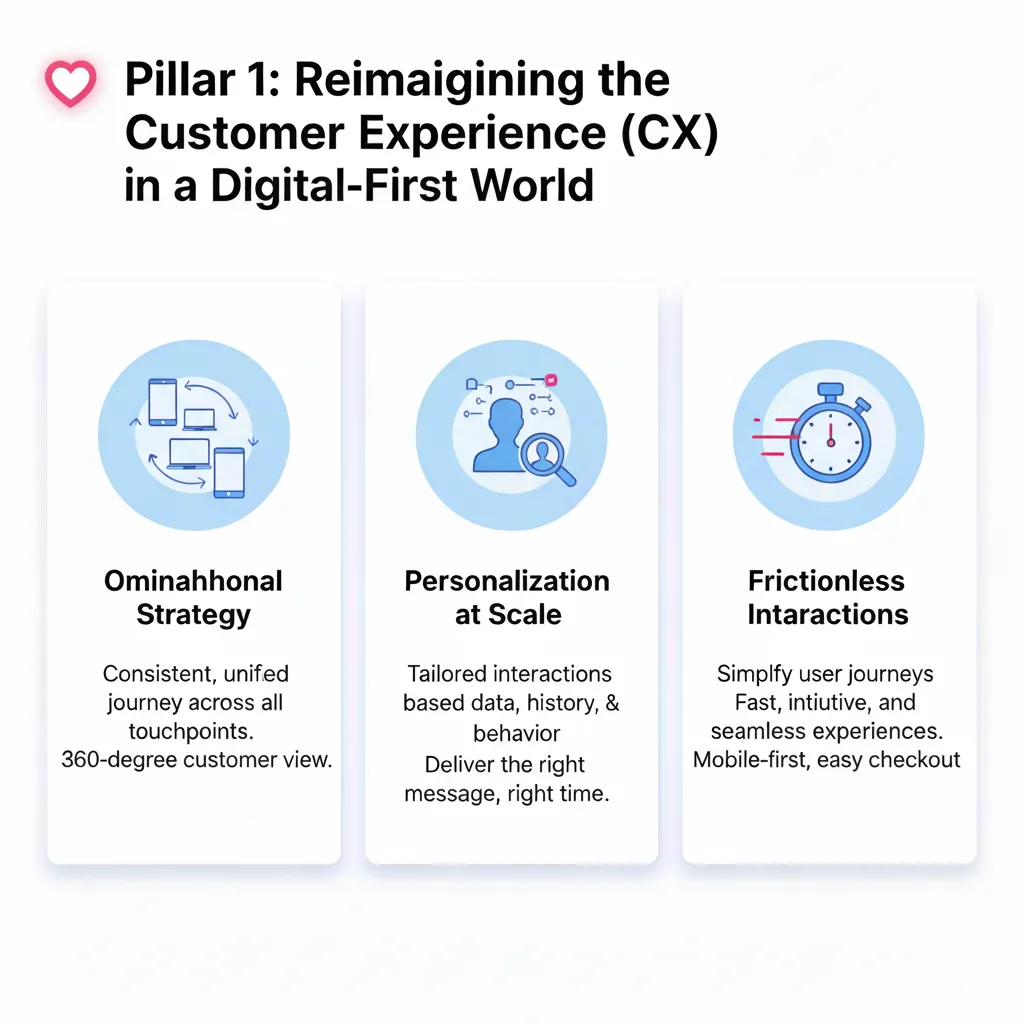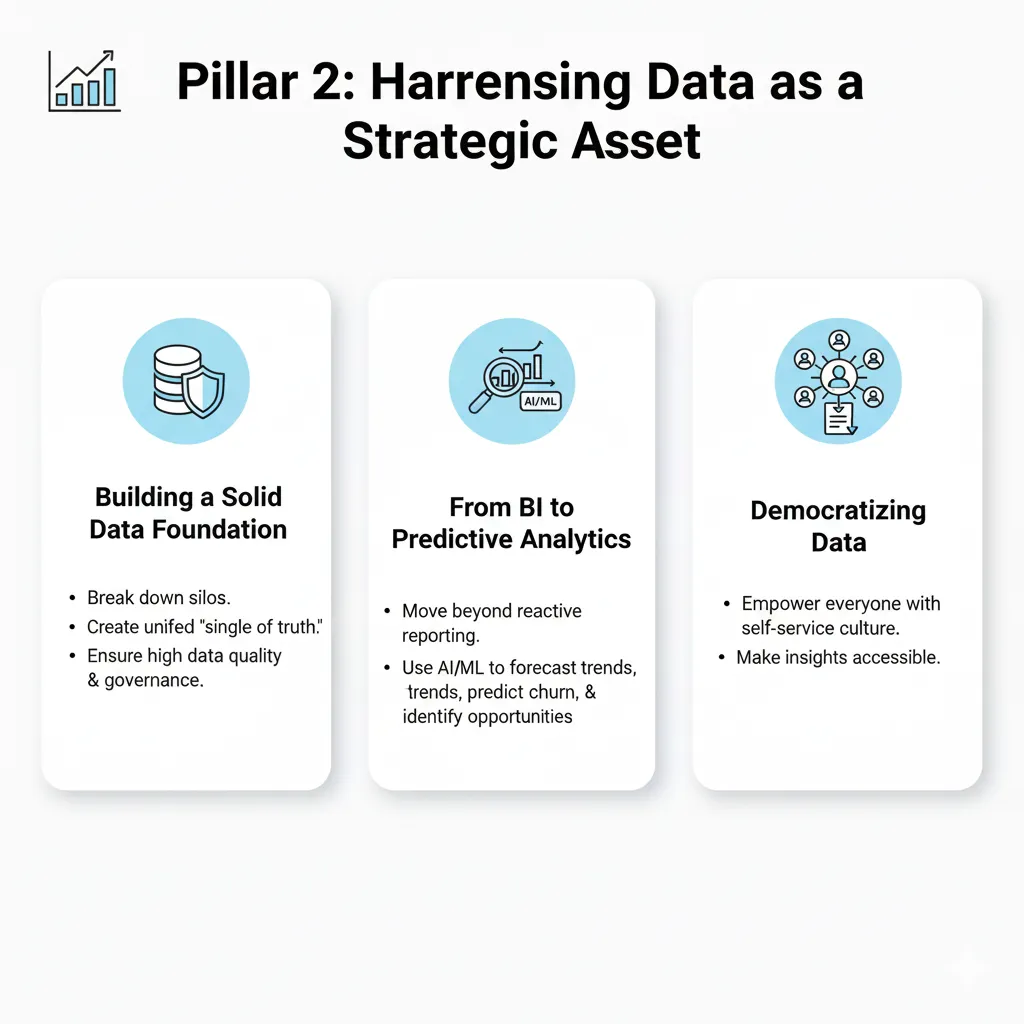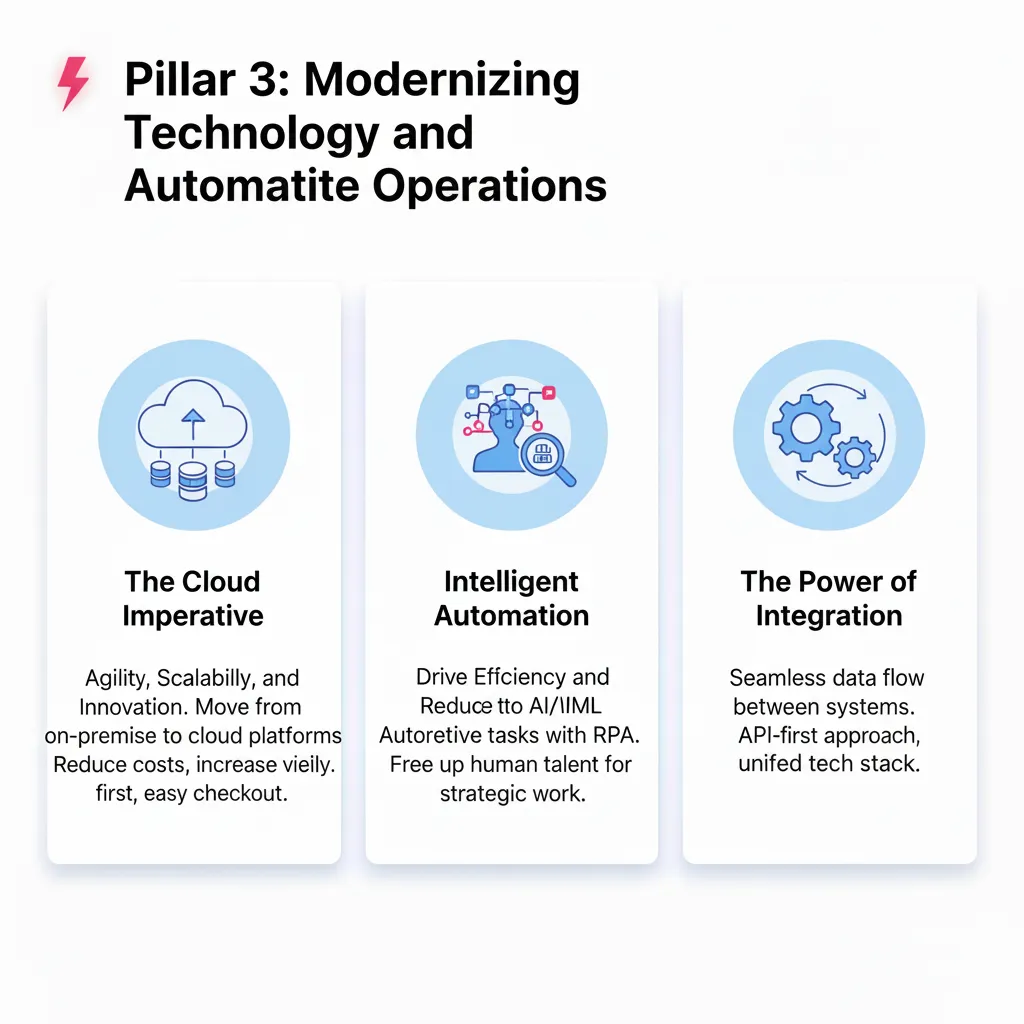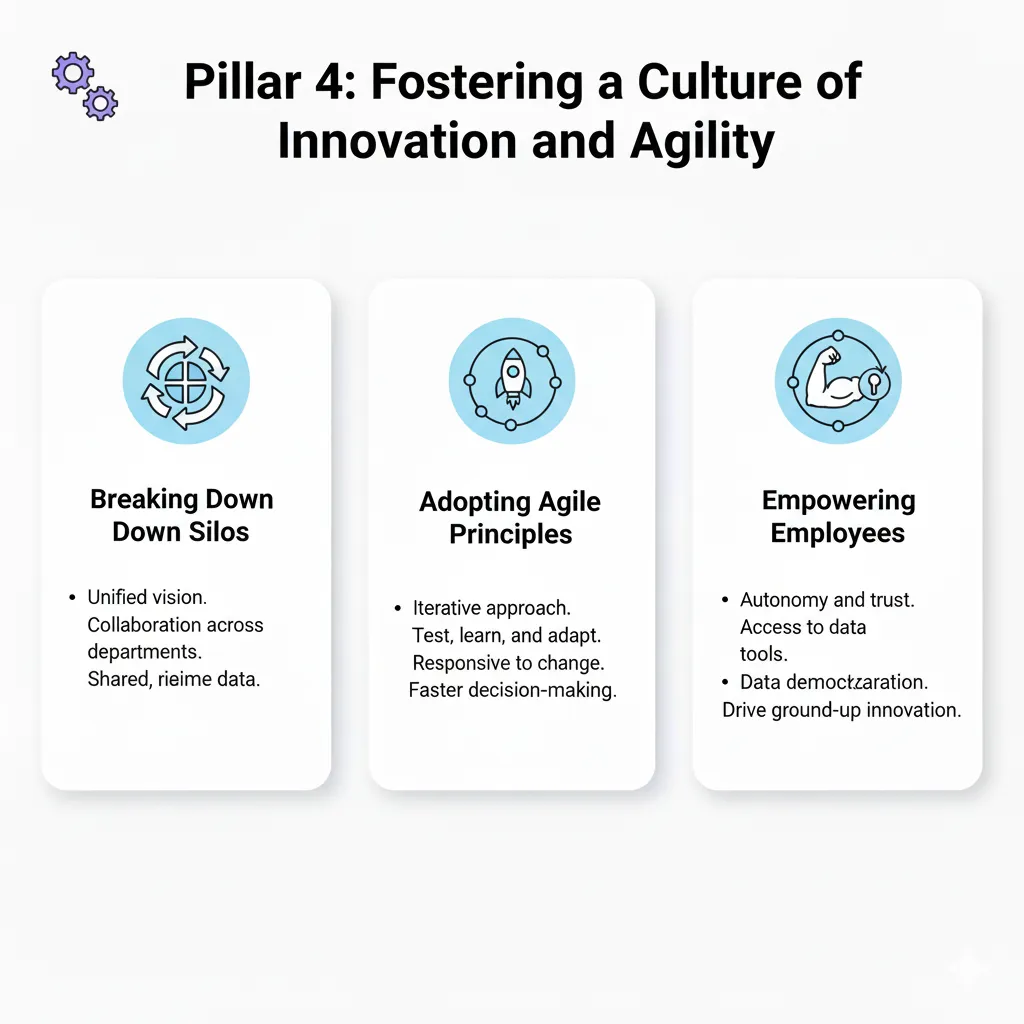
The AI Career Revolution: How to Future-Proof Your Professional Life in 2025
The career landscape just shifted dramatically, and most professionals are sleepwalking into the biggest workforce transformation in human history.
The World Economic Forum's latest Future of Jobs Report delivered a wake-up call that should have every working professional reassessing their career strategy: 41% of employers worldwide plan to reduce their workforce within the next five years due to artificial intelligence. In the United States, that figure climbs to a staggering 48%.
The Numbers That Should Keep You Awake at Night
We're not talking about hypothetical future scenarios. AI job displacement is happening right now:
77,999 people have lost their jobs to AI in just the first part of 2025
That equals 491 people losing their jobs to AI automation every single day
Major tech companies like Microsoft, IBM, and Meta have announced significant layoffs as AI agents take over traditional roles
The roles being automated first reveal a clear pattern. Contrary to popular belief that AI would primarily impact manual labor, it's white-collar, knowledge-based positions facing the greatest immediate threat.

The Jobs AI is Targeting First
Recent data shows these positions are most vulnerable to AI replacement:
Content and Communication Roles: Copywriting, content marketing, and basic journalism tasks are increasingly handled by AI tools that can produce high-quality written content in seconds.
Financial Analysis: AI can process thousands of financial reports in minutes, spot market trends, and make predictions faster and more accurately than human analysts.
Legal Research: AI systems scan legal databases, identify relevant statutes, and cross-reference case history at superhuman speeds, threatening entry-level paralegal and junior associate positions.
Customer Service: Chatbots and AI agents now handle millions of customer interactions annually with minimal human oversight.
Data Entry and Processing: These repetitive tasks represent AI's easiest targets, with algorithms working faster and more accurately than humans without sick days or breaks.
The Hidden Career Crisis for New Graduates
Perhaps most concerning is AI's impact on entry-level positions. LinkedIn and Google executives warn that AI is systematically eliminating the traditional "first jobs" that once served as career launching pads. New graduates face an unprecedented crisis as major tech companies have slashed entry-level hiring by 50% since 2019.
This creates what career experts call a "broken career ladder" - where the bottom rungs that allowed previous generations to gain experience and work their way up are simply disappearing.
The 170 Million Job Opportunity
Before panic sets in, consider this: while AI may displace 85 million jobs by 2030, it's simultaneously creating 170 million new roles. The catch? These emerging positions require dramatically different skill sets.
Research shows that 77% of new AI-era jobs require master's degrees, and 18% require doctoral degrees. This represents a fundamental shift toward higher-skilled, AI-augmented work that combines human creativity with artificial intelligence capabilities.

Industries Creating New Opportunities
The AI revolution is generating entirely new career categories:
AI Development and Implementation: Companies need specialists who can deploy, customize, and manage AI systems across various business functions.
Human-AI Collaboration Specialists: Professionals who can effectively bridge the gap between human creativity and AI efficiency are becoming invaluable.
AI Ethics and Governance: As AI becomes more prevalent, organizations need experts who can navigate the ethical, legal, and social implications of AI deployment.
Data Strategy and Analytics: While AI can process data, humans are still needed to interpret insights and make strategic decisions based on AI-generated analysis.
AI Training and Education: The demand for professionals who can teach others how to work effectively with AI tools is exploding across industries.
Your Survival Strategy: The Three-Pillar Approach
Career coaching research reveals that professionals who successfully navigate AI disruption follow a three-pillar strategy:
Pillar 1: Master AI Tools Immediately
Don't wait for your company to provide training. Start learning ChatGPT, Claude, GitHub Copilot, and industry-specific AI tools now. The professionals who become power users of these technologies position themselves as indispensable AI-human collaborators rather than AI replacement candidates.
Pillar 2: Develop Uniquely Human Skills
Focus intensively on capabilities that AI cannot replicate: creative problem-solving, emotional intelligence, strategic thinking, complex relationship building, and nuanced decision-making in ambiguous situations.
Pillar 3: Position Yourself as an AI-Human Bridge
The most valuable professionals in the AI era won't be those who resist technology or those who are replaced by it. They'll be the ones who can seamlessly combine human insight with AI capabilities to deliver superior results.
The Upskilling Imperative
McKinsey research indicates that 120 million workers will need retraining within the next three years. Companies are responding: 77% of employers are investing in upskilling their current workforce, and 47% are actively transitioning employees from declining roles into emerging positions.
This represents the largest workforce retraining initiative in modern history. The question isn't whether this transformation will happen - it's whether you'll be prepared for it.
Taking Action: Your 90-Day AI Career Plan
Days 1-30: Assessment and Foundation
Evaluate your current role's AI vulnerability
Begin learning one AI tool relevant to your industry
Identify which of your skills are uniquely human and which could be automated
Days 31-60: Skill Development
Enroll in AI-related courses or certifications
Practice using AI tools in your daily work
Begin networking with professionals successfully using AI in your field
Days 61-90: Strategic Positioning
Volunteer for AI-related projects at work
Demonstrate how you can improve results by combining human insight with AI capabilities
Update your professional brand to reflect your AI competency
The Bottom Line
The AI career revolution isn't coming - it's here. The professionals who thrive will be those who stop viewing AI as a threat and start seeing it as the most powerful career accelerator in human history.
This transformation offers an unprecedented opportunity for those willing to adapt. While others resist change, you can position yourself at the forefront of the AI-augmented workforce.
The choice is yours: evolve with the technology or risk becoming obsolete. The window for proactive career transformation is open now, but it won't stay open forever.
Your future self will thank you for the bold career decisions you make today.
Ready to future-proof your career? CoreTactic's AI-era career coaching helps professionals navigate this transformation successfully. Let's discuss your personalized AI career strategy.







